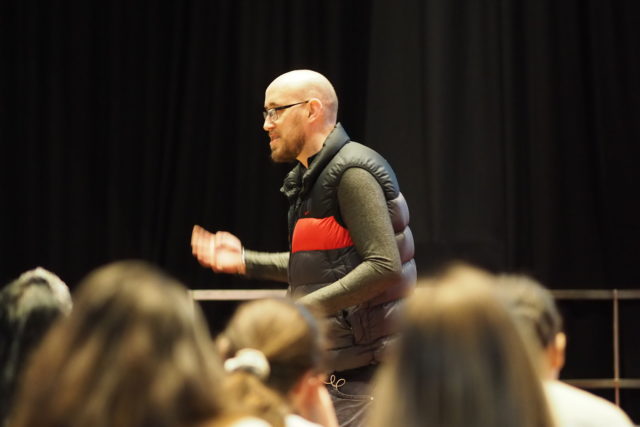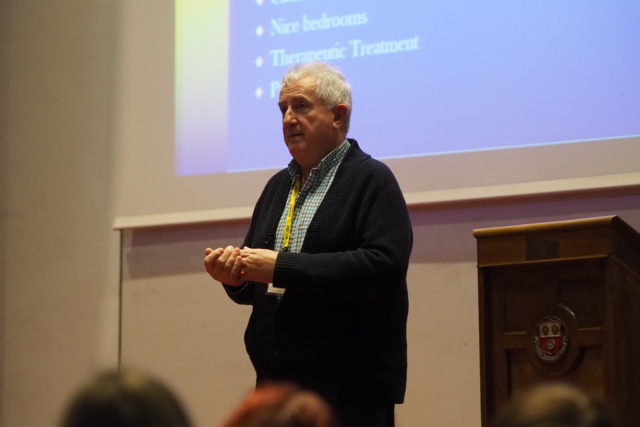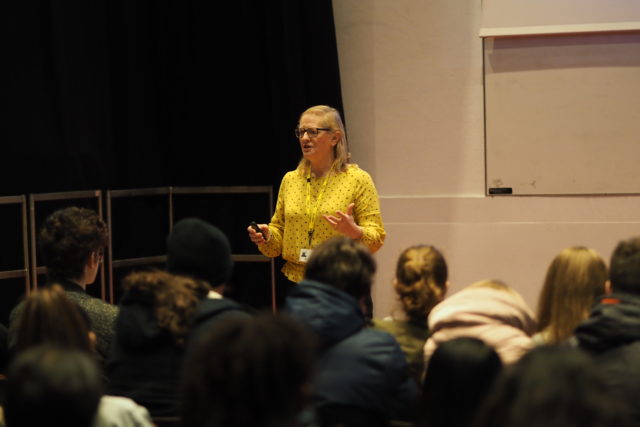This week at Richard Taunton, over 100 social science students attended the college’s annual ‘Behind Bars’ conference to debate and discuss the question ‘Are prisons a place for retribution, rehabilitation or punishment?’.
Students heard from two ex-convicts who gave hard-hitting talks about their criminal background and pathways to crime. Their stories highlighted their different upbringings, life experiences and their life behind bars – dispelling myths and getting students to rethink their preconceptions of what makes a criminal. These personal perspectives were then followed by a presentation from a forensic psychologist.
In the afternoon, students were given the opportunity to apply their theoretical knowledge to real life examples of crime. They discussed their views and worked with the past offenders and forensic psychologist to better understand how the criminal justice system works, whether offenders can be rehabilitated, and why people commit crimes in the first place.
Throughout the day students were asked to discuss some thought provoking questions such as, ‘Does prison work?’ and ‘Should some offenders be allowed to be reintegrated into society?’. They were also encouraged to debate ethically challenging topics involving capital punishment, sentences for serious crimes, the freedoms of prisoners, and whether we ever really know if someone is reformed.
Laura Stephen, Teacher of Psychology and Criminology said:
“The Behind Bars Conference is an eye opener for many of our students. It challenges their preconceived ideas of crime and punishment and gives them an opportunity to understand some of the real issues that face the criminal justice system and the triggers that can turn people to crime. It takes the students beyond the crime itself and gives them a chance to see how they can apply their knowledge and understanding to it in the classroom. Making them truly understand how life events, and sometimes even just bad decisions, can lead to a life of crime.
Richard Taunton Sixth Form College offers courses in Criminology, Sociology, Psychology, and Law. Find out more here.



